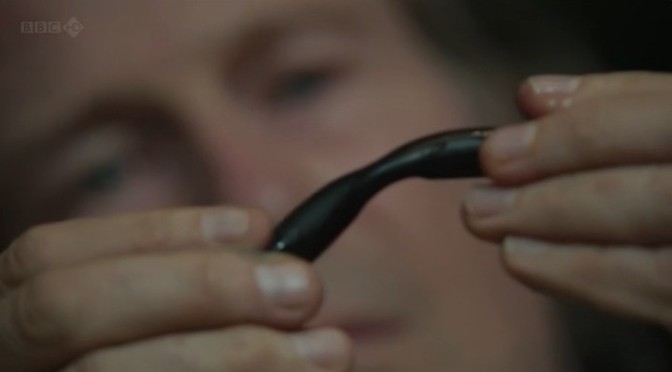I’ve finally caught up with the BBC’s Challenger dramatisation of Richard Feyman’s last great adventure, which features this famous and terrific piece of science theatre. It’s sometimes referred to as an ‘experiment,’ which of course it wasn’t, really – the outcome was known and expected, and hence it’s a demonstration.
For our purposes, what it does rather neatly is illustrate the power of showing rather than merely telling, and remind us that such power is not limited to the realm of education. Challenger is plotted somewhere between a tense political stand-off and an engineering whodunnit, with Feynman’s famous O-ring demo as the climax. That a demonstration can serve such a rôle in a movie is something from which we should take heart. Sure, the circumstances were extreme, but if you ever find yourself doubting that demos can be dramatic: well, there’s a demo as the key moment in a drama. Appropriately enough for Feynman: QED.
Challenger is viewable on iPlayer for a few more days, and will doubtless be kicking around on torrent sites for a while longer, or if you’re not in the UK.


